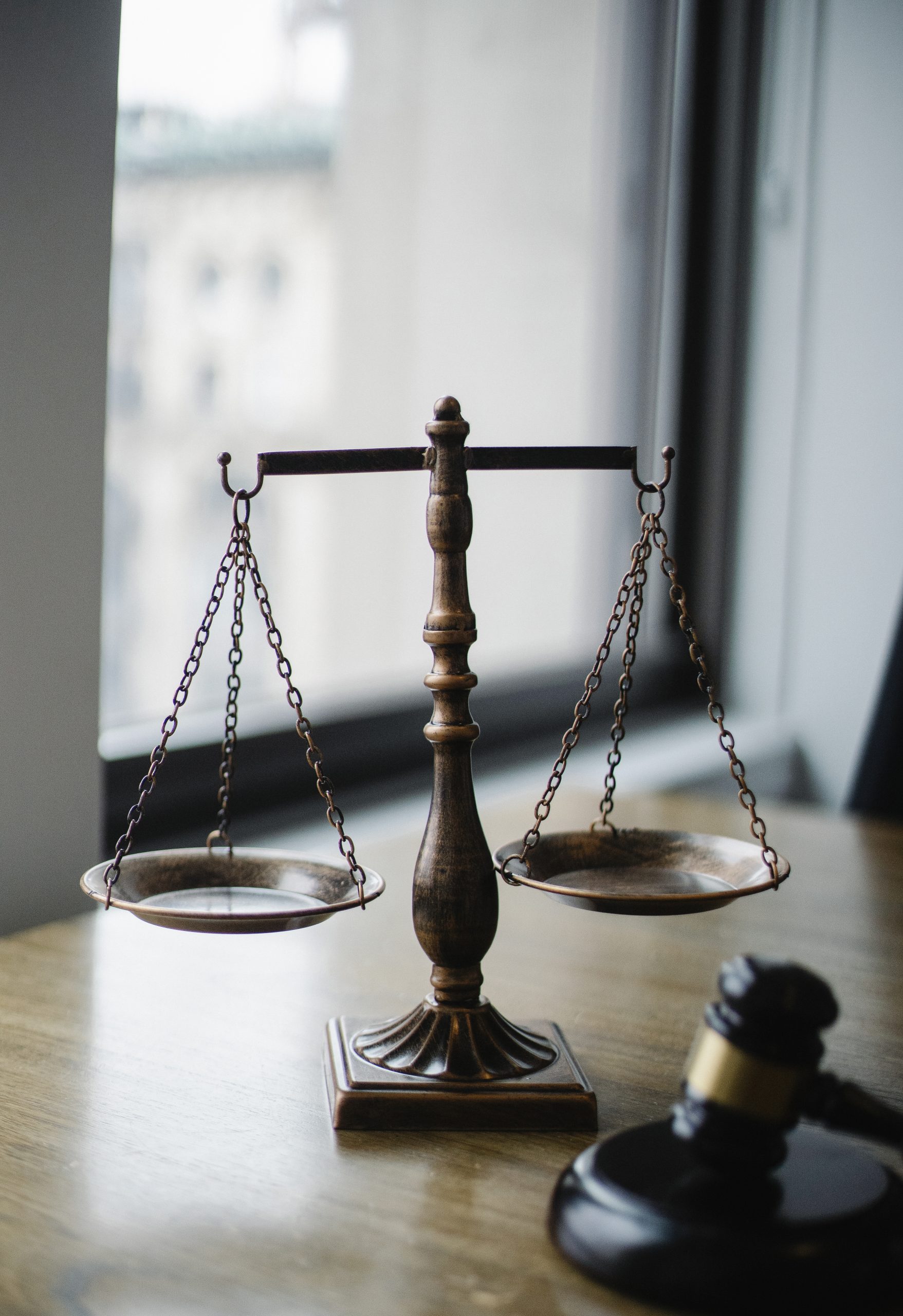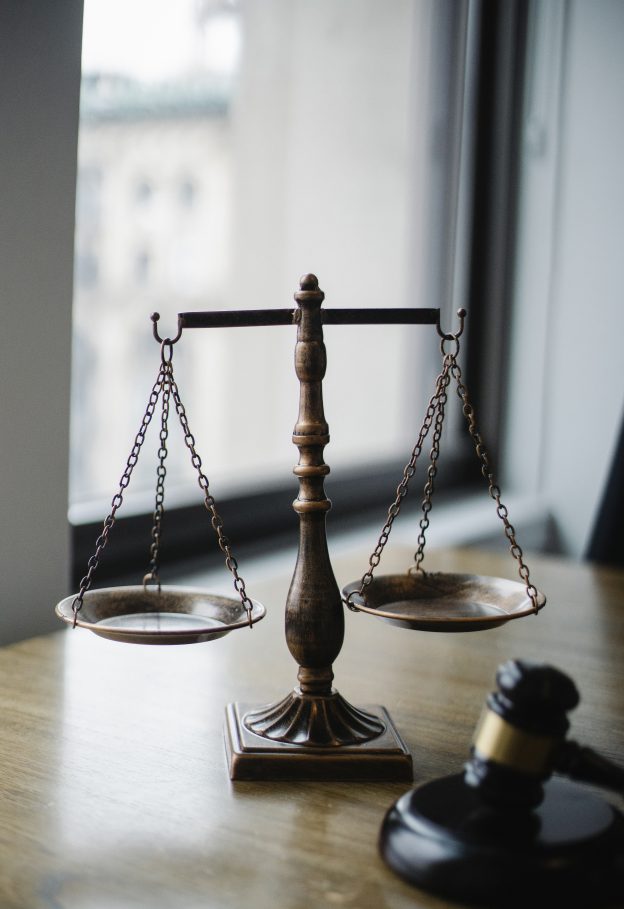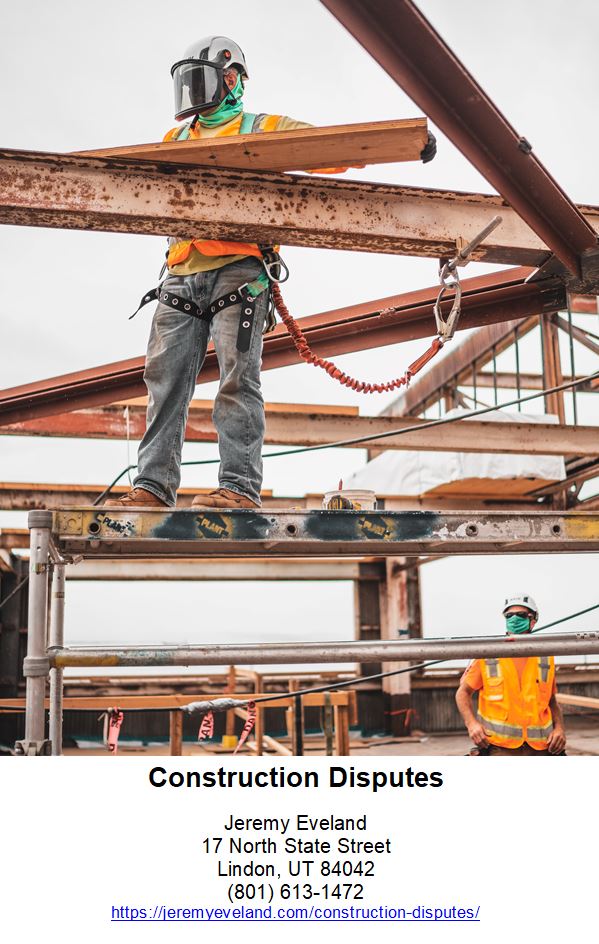In the realm of criminal defense, the stakes are high and the need for expert legal representation is paramount. As an individual facing criminal charges, navigating the intricacies of the legal system may feel overwhelming. That is why it is crucial to find a lawyer who not only possesses a deep understanding of the law, but also has a proven track record of successfully defending clients. In this article, we will explore the world of criminal defense cases, shedding light on common concerns and offering guidance to those in need. By delving into engaging case studies and addressing frequently asked questions, we aim to provide individuals with the information they need to make the best decision for their future. If you find yourself in need of legal assistance, we encourage you to consult with our experienced team of criminal defense attorneys who are dedicated to protecting your rights and securing the best possible outcome for your case.

Understanding Criminal Defense Cases
A criminal defense case refers to legal proceedings initiated against an individual accused of committing a crime. These cases are complex and require the expertise of a criminal defense attorney who specializes in defending individuals facing criminal charges. The role of a criminal defense attorney is vital in ensuring that the accused receives a fair trial and avails themselves of the rights afforded to them by the law.
Types of Criminal Defense Cases
-
Assault and Battery: Cases involving physical harm or the threat of physical harm towards another individual fall under the category of assault and battery. A criminal defense attorney will aim to prove the accused’s innocence or mitigate the charges by examining the circumstances, evidence, and potential defenses.
-
Drug Offenses: Drug offenses encompass the possession, distribution, manufacturing, or sale of illegal substances. A criminal defense attorney will scrutinize the arrest procedures, search and seizure protocols, and potential violations of the accused’s constitutional rights to create a strong defense strategy.
-
Theft and Robbery: Cases involving theft or robbery typically revolve around the unauthorized taking of another person’s property. A skilled criminal defense attorney will investigate the evidence, challenge witness statements, and explore potential defenses such as mistaken identity or lack of intent.
-
Sex Crimes: Sex crimes refer to offenses such as sexual assault, rape, or child pornography. A criminal defense attorney in these cases will ensure that the accused’s rights are protected during the investigation and trial, examine the evidence, and challenge the prosecution’s case to establish the truth.
-
White-collar Crimes: White-collar crimes encompass various non-violent offenses committed in business or professional settings, such as fraud, embezzlement, or insider trading. A criminal defense attorney specializing in white-collar crimes will evaluate financial records, interview witnesses, and construct a defense strategy to challenge the prosecution’s case.
Building a Strong Criminal Defense
To construct a strong criminal defense, several key steps are essential:
-
Gathering Evidence: A criminal defense attorney will thoroughly review the evidence presented by the prosecution, seeking any inconsistencies, errors, or omissions. They will also gather their own evidence, such as surveillance footage, expert opinions, or alibi witnesses.
-
Interviewing Witnesses: The defense attorney will conduct extensive interviews with witnesses, seeking any information that can support the accused’s claim of innocence or cast doubt on the prosecution’s case. Witness statements and testimonies can play a crucial role in building a strong defense.
-
Examining Forensic Evidence: In cases where forensic evidence, such as DNA or fingerprints, is presented, a criminal defense attorney will carefully scrutinize the forensic procedures, lab reports, and expert testimony. Any potential mishandling or contamination of evidence can significantly impact the defense strategy.
-
Cross-examining Prosecution Witnesses: During the trial, the defense attorney will cross-examine the prosecution’s witnesses, challenging their credibility and probing for inconsistencies or biases. This process aims to weaken the prosecution’s case and present a more favorable image of the accused.
Challenges in Criminal Defense Cases
Criminal defense cases pose various challenges that require careful navigation and expertise from the defense attorney. Some common challenges faced include:
-
Presumption of Innocence: Despite the presumption of innocence until proven guilty, the accused often faces judgment and stigma from society. A skilled criminal defense attorney must challenge preconceived notions and bias to ensure a fair trial for their client.
-
Burden of Proof: The prosecution carries the burden of proving the accused’s guilt beyond a reasonable doubt. However, convincing juries or judges can be challenging. A skilled criminal defense attorney must carefully scrutinize the evidence and establish alternative narratives to cast doubt on the prosecution’s case.
-
Mistaken Identity: In cases where mistaken identity plays a role, the defense attorney must investigate the circumstances surrounding the identification and present evidence that challenges the accuracy of the identification. This may involve alibi witnesses, surveillance footage, or alternative suspects.
-
Coerced Confessions: In some cases, the accused may provide a confession under duress or coercion. A defense attorney will investigate the circumstances surrounding the confession, such as interrogation techniques, to determine if it was obtained unlawfully and to challenge its validity.
-
Unlawful Searches and Seizures: If the authorities obtained evidence through an unlawful search or seizure, the defense attorney can file a motion to suppress the evidence. This constitutional protection ensures that evidence obtained in violation of an individual’s rights cannot be used against them.
Rights of the Accused
In a criminal defense case, the accused possesses certain fundamental rights that are crucial to protect their interests and ensure a fair trial:
-
Right to Remain Silent: The accused has the right to remain silent and not incriminate themselves. This right prevents self-inflicted harm and ensures the accused does not inadvertently provide evidence against their own interests.
-
Right to Legal Counsel: Every individual facing criminal charges has the right to legal representation. A skilled criminal defense attorney will provide guidance, protect the accused’s rights, and build a robust defense strategy.
-
Right to a Fair Trial: The accused has the right to a fair and impartial trial by a jury of their peers. This ensures that the accused’s case is heard objectively and free from bias or prejudice.
-
Right to Confront Witnesses: The accused has the right to confront and cross-examine witnesses presented by the prosecution. This allows the defense attorney to challenge the credibility and accuracy of witnesses’ testimonies.
-
Right to Due Process: The accused is entitled to due process of law, which ensures that the legal proceedings are fair, transparent, and consistent with the principles of justice. This includes proper representation, reasonable notice of charges, and the opportunity to present a defense.
The Criminal Defense Process
The criminal defense process typically involves several stages:
-
Arrest and Booking: Following an arrest, the accused is taken into custody and undergoes the booking process, which includes recording personal information and collecting fingerprints and photographs. The defense attorney can ensure that the arrest procedures were carried out lawfully.
-
Arraignment and Bail: During the arraignment, the accused is formally charged, and they enter a plea of guilty or not guilty. If the accused is eligible for bail, the defense attorney can argue for a reasonable bail amount or explore alternatives to pretrial detention.
-
Discovery and Pre-trial Motions: The defense attorney will request and review the evidence collected by the prosecution, known as discovery. They may also file pre-trial motions to suppress evidence, challenge the admissibility of certain statements, or seek dismissal of the charges.
-
Negotiations and Plea Deals: In some cases, the defense attorney may negotiate with the prosecution to reach a plea bargain. Plea deals can provide reduced charges or sentencing in exchange for the accused’s guilty plea. The defense attorney will advise the accused on the potential outcomes and the consequences of accepting or rejecting a plea deal.
-
Trial and Sentencing: If the case proceeds to trial, the defense attorney will present their case, challenge the prosecution’s evidence, cross-examine witnesses, and present a defense strategy. If the accused is found guilty, the defense attorney can advocate for a fair and just sentence.

Factors Influencing the Outcome of a Criminal Defense Case
Several factors can influence the outcome of a criminal defense case, including:
-
Strength of Evidence: The strength and quality of the evidence presented by both the prosecution and the defense can greatly impact the verdict. A skilled defense attorney will carefully assess the evidence to exploit weaknesses and raise doubts.
-
Credibility of Witnesses: The credibility of witnesses can significantly impact a case. The defense attorney will meticulously examine witnesses’ backgrounds, biases, and motivations, seeking to undermine their credibility through cross-examination or presenting contradictory evidence.
-
Prosecution Tactics: The strategies employed by the prosecution can influence the outcome of a case. A defense attorney must remain vigilant, identify any potentially unfair tactics, and counter them effectively.
-
Quality of Legal Representation: The capabilities and experience of the defense attorney play a crucial role. A skilled and knowledgeable attorney will leverage their expertise and develop a compelling defense strategy.
Frequently Asked Questions
-
What should I do if I’m arrested? If you are arrested, it is crucial to remain calm and exercise your right to remain silent. Refrain from providing any statements to law enforcement without the presence of your attorney. Contact a criminal defense attorney immediately to protect your rights and receive guidance throughout the legal process.
-
How long will my criminal defense case take? The duration of a criminal defense case can vary significantly depending on various factors, such as the complexity of the charges, the court’s schedule, and potential negotiations. It is advisable to consult with your defense attorney to get a realistic estimate based on the specifics of your case.
-
Can I change my defense attorney? If you find that your current defense attorney is not meeting your expectations or is not adequately representing your interests, it is possible to change your attorney. However, it is important to consult with a new attorney before making any decisions to ensure a smooth transition.
-
What happens if I’m found guilty? If you are found guilty, the court will proceed with the sentencing phase. The exact consequences will depend on the nature of the charges and the jurisdiction. Your defense attorney can advocate on your behalf for a fair and just sentence and explore possible avenues for appeal, if applicable.
-
Should I accept a plea bargain? The decision to accept a plea bargain is a significant one and should be carefully considered. Your defense attorney will analyze the specific terms of the plea bargain, the strength of the prosecution’s case, and the potential risks and benefits. Ultimately, the choice should align with your best interests and your attorney’s advice.












